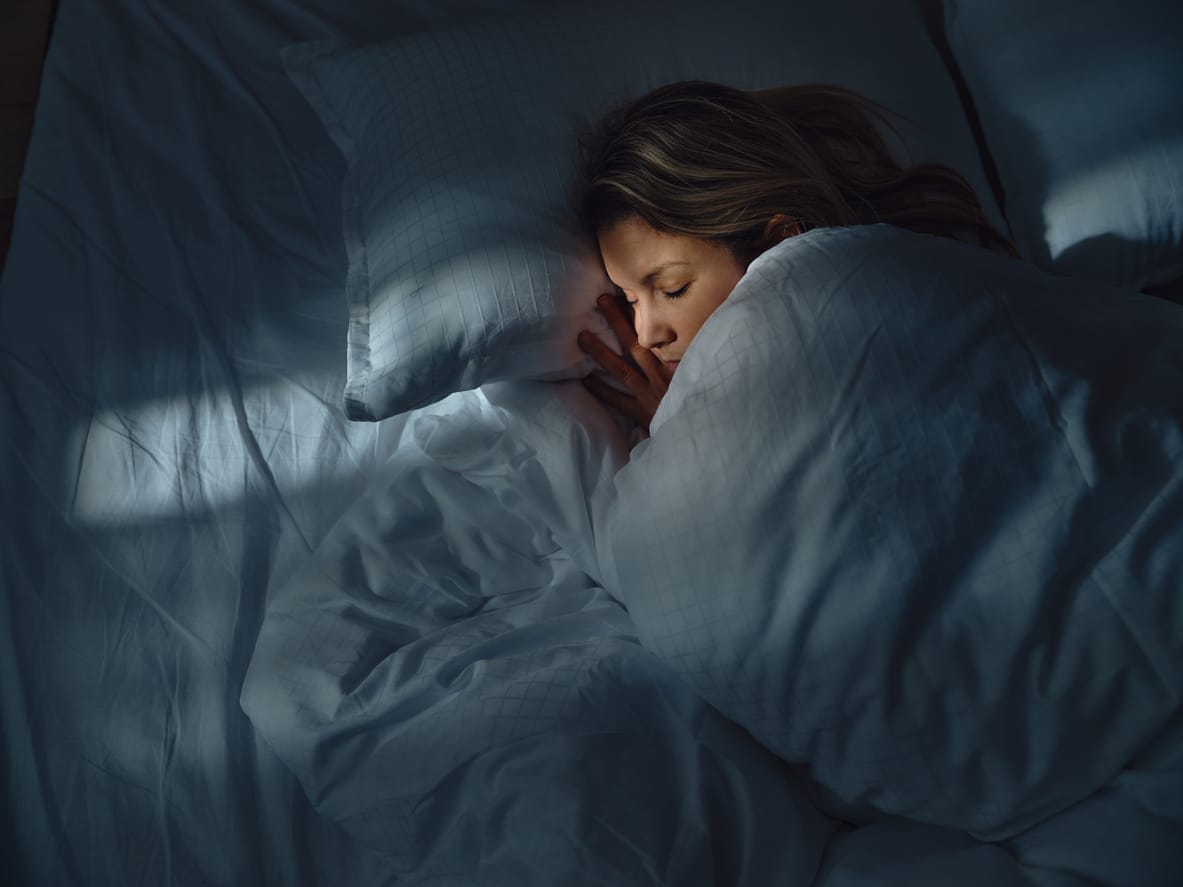Quality sleep plays a vital role in our overall health, influencing various aspects ranging from cognitive performance to cardiovascular well-being. Recent research has unveiled a connection between sleep quality and hearing loss, underscoring the significance of adequate rest. Let’s explore a few illustrative examples.
Sleep Duration and Hearing Loss

A study published in November 2023 suggests a potential link between sleep duration and hearing acuity. Conducted by BMC Public Health, this study revealed that individuals consistently sleeping less than the recommended seven to nine hours per night experienced a higher frequency of hearing loss episodes compared to those meeting the sleep guidelines. Several factors may contribute to this correlation:
- Insufficient recovery time: Sleep serves as a critical period for the body to engage in reparative processes. Inadequate sleep duration may hinder the body’s ability to repair auditory cells and tissues, potentially leading to cumulative damage over time.
- Cardiovascular impacts: Poor sleep quality can compromise cardiovascular function, thereby diminishing blood flow to the inner ear. This reduction in blood circulation may contribute to the damage of delicate inner ear hair cells responsible for auditory function.
These findings highlight the importance of maintaining a consistent and healthy sleep regimen, not only for overall well-being but also for the preservation of auditory health.
Obstructive Sleep Apnea and Hearing
Another study establishes a significant association between Obstructive Sleep Apnea (OSA) and an elevated risk of hearing loss. Published in Frontiers in Public Health in May 2023, this study revealed that individuals affected by OSA faced a heightened likelihood of developing hearing loss compared to those without OSA.
OSA occurs when relaxed throat tissues obstruct airways during sleep, leading to intermittent breathing interruptions. Consequently, reduced oxygen levels in the bloodstream contribute to the deterioration of inner ear hair cells, resulting in hearing loss. The disruptive nature of OSA-induced awakenings throughout the night can also exacerbate hearing-related issues caused by sleep quality.
The research highlighting the link between poor sleep and hearing loss underscores the imperative of adopting healthier sleep practices. Initiatives such as cultivating a conducive sleep environment, adhering to a regular sleep schedule, and seeking medical intervention for chronic sleep disturbances are essential steps in promoting optimal auditory and overall health.
To delve deeper into safeguarding your hearing or to schedule a hearing test, contact Speech & Hearing Associates today.